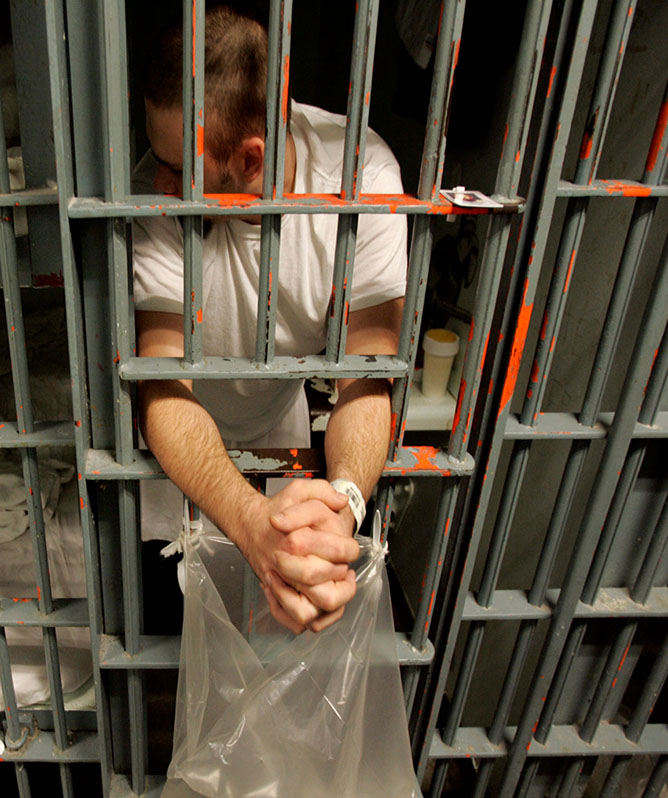
Empathy Training For Parole Officers Has Lead to a 13% Drop in Previously Incarcerated Reoffending
UC Berkeley recently released a study that noted a directed correlation between empathy training for parole officers and a decrease in recidivism. Recidivism refers to the tendency to relapse into a previous condition or mode of behavior. Relating to the notion of criminal justice, recidivism refers to a convicted criminal reoffending.
The researchers surveyed more than 200 officers who are responsible for overseeing over 20,000 formerly incarcerated individuals. Monitored over the course of 10 months, it was found that there was 13% decrease in recidivism among the clients of parole and probation officers who participated in empathy training. This supports that idea that the default mindset of our current criminal justice system is punitive as opposed to truly rehabilitative (or empathetic).
Empathy training promotes parole officers getting to know and building relationships with the adults they supervise. The training includes questions on why the officers chose their profession and the benefits of valuing the perspectives of their clients. In the end, the officers were asked to write letters to new parole officers drawing on the ideas they learned in the training – an effort to continue the program and its longstanding impacts.
This study is a timely one, especially during the COVID pandemic. As efforts continue to try to reduce the number of incarcerated people in the United States due to health concerns, a large number of people have recently entered the parole and probation system. This study on empathy training has been an important step in working on new and effective ways to keep people out of prison.
“We seem to spend a huge amount of money on incarcerating people,” Jason Okonofua, who initiated the study, said in a quote to The Daily Californian. “It also seems to be the case that the way we have been going about it is not necessarily making those people, their families or our society better, but rather it could be making things worse.” This study is one positive step forward towards a more supportive prison system and society – one that prioritizes reintegration and rehabilitation as opposed to merely correction.


 Previous
Previous
